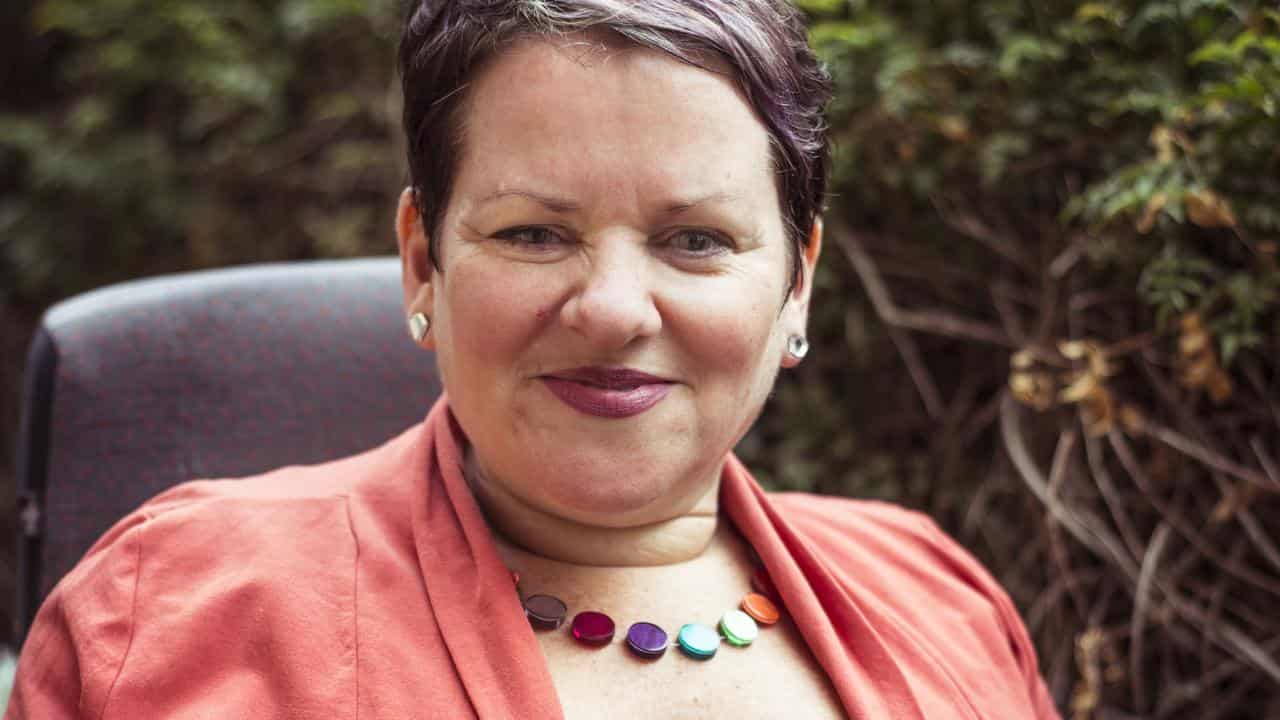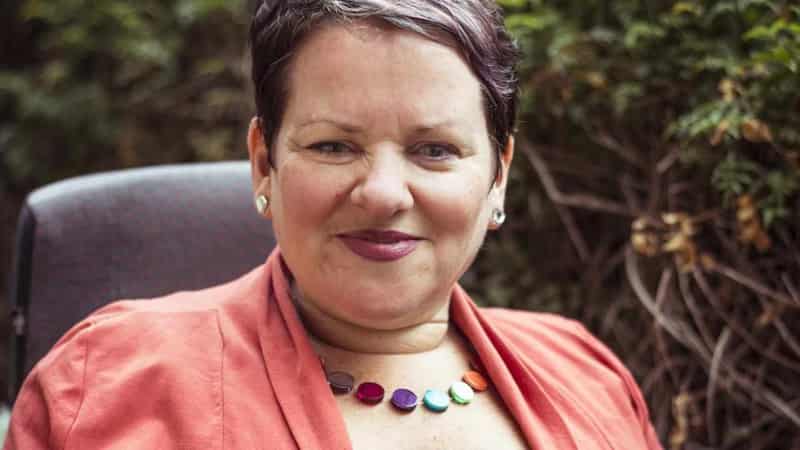
Introducing herself at the inaugural meeting of a federal arts funding body, Caroline Bowditch showed a photo of herself dancing on a table at the age of five.
"I rather fancied myself as Olivia Newton-John," she told AAP.
Bowditch, who describes herself as a proud disabled person and wheelchair user, has been dancing and performing for as long as she can remember and used to dream of being a ballerina or ice skater.
"I have had my disability all my life,," she said.
"It's all I've known.
"I am always seeing the world through a disability lens because that's the only lens I have."
Bowditch is bringing that lens to Creative Australia, where she is the first person with a disability to sit on the board, and very likely for its predecessor the Australia Council too.
But it's hard to know for sure, she cautions, because many people have disabilities that aren't as obvious as her wheelchair.
There are big conversations under way in the boardroom, says Bowditch, who is excited to have a seat at the table.
"I thought my brain was going to start running out of my ears, but it didn't, which was amazing," she joked after a recent marathon meeting.
Of the half a million people whose main employment is in the arts, nine per cent have a disability, the latest government data shows.
There are barriers all around, including people's attitudes, low expectations, and problems with physical access.
The national cultural policy identifies a pressing need to take action on these issues, following a long history of inaction and delay.
Part of the response is a $5 million arts and disability plan, replacing a national strategy first developed in 2008.
For Bowditch, it feels like a pivotal moment.
Like performing, she can't pinpoint when her advocacy began.
It's as though she's always been doing that too, starting in hospital, at school, and onstage.
"Whenever you put a disabled body on stage, a visibly disabled body, you're making a political statement," Bowditch said.
"We're still in a place where disabled bodies are somehow unexpected on our stages and screens."
Some of her stories are heartbreaking.
She describes developing a love of choreography through necessity when her university dance coach left her alone in class while they taught able-bodied students.
But in 1996, Arts Access Victoria invited her to teach a short dance course on the basics of contact improvisation.
"It was the first time in my life that I felt like I was able to explore what this wonderful - but what I had grown up thinking was strange and awkward - body was actually capable of," she said.
In the years that followed, Bowditch carved out an international career as a dancer and choreographer.
Two decades later she returned to Arts Access Victoria, this time as chief executive, leading an organisation working with more than 1800 deaf and disabled artists every year.
Things have improved since Bowditch started out, both for artists and audiences.
Deaf and disabled people are being consulted as experts on accessibility and she can easily book a wheelchair space online to see a show.
But there's a long way to go, with vast improvements still needed, she said.
With consultation about funding arts services for deaf and disabled people under way, Bowditch hopes Creative Australia will make some "clever and sensible" decisions about where the money goes.









